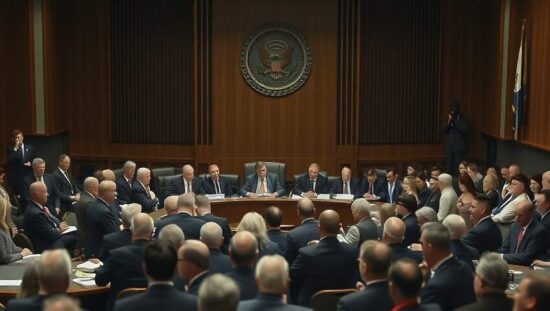A protracted dispute within Germany’s ruling coalition of the Christian Democratic Union (CDU) and the Social Democratic Party (SPD) appears to be nearing resolution regarding the contentious issue of a revamped conscription system. According to reports from the Redaktionsnetzwerk Deutschland (RND), a compromise has been tentatively reached, although its ultimate viability remains subject to the approval of Defense Minister Boris Pistorius.
The proposed framework diverges significantly from the government’s initial draft legislation. Rather than a definitive obligation, the new model envisions a lottery system. All young men required to complete a mandatory questionnaire would be entered into a draw, with a portion then selected for assessment and interviews. Should volunteer recruitment prove insufficient to meet defense needs, those selected by lottery will face a minimum six-month period of compulsory service.
This arrangement, reportedly influenced by the model employed in Denmark where roughly one-fifth of conscripted individuals are ultimately drafted, aims to alleviate concerns surrounding the potentially overwhelming administrative burden associated with widespread conscription. Proponents suggest the lottery system could also mitigate accusations of a lack of “wehrgerechtigkeit” – fairness in the application of military obligations.
However, the compromise has drawn criticism, particularly from within the CDU/CSU factions. They argue the current proposal lacks the necessary legal certainty and fails to firmly enshrine a mechanism for compulsory service within the legislation. These conservative voices have consistently demanded greater commitment to bolstering the armed forces, expressing skepticism about relying on voluntary recruitment in a rapidly evolving geopolitical landscape. The existing draft allows for the induction of conscripts only if the “defense policy situation” necessitates a swift increase in personnel that cannot be achieved through voluntary means – a threshold considered by CDU/CSU members to be insufficiently precise.
The coalition partners are slated to formally discuss the compromise on Tuesday, with a public announcement expected on Wednesday and the First Reading in the Bundestag scheduled for Thursday. A key point of contention remains the Defense Minister’s stance. Sources suggest Pistorius views his existing draft as robust and may resist significant alterations, potentially jeopardizing the fragile coalition agreement. The potential for ongoing political wrangling and a further evolution of the legislation remains high, highlighting the deep divisions surrounding the future of military service in Germany.





